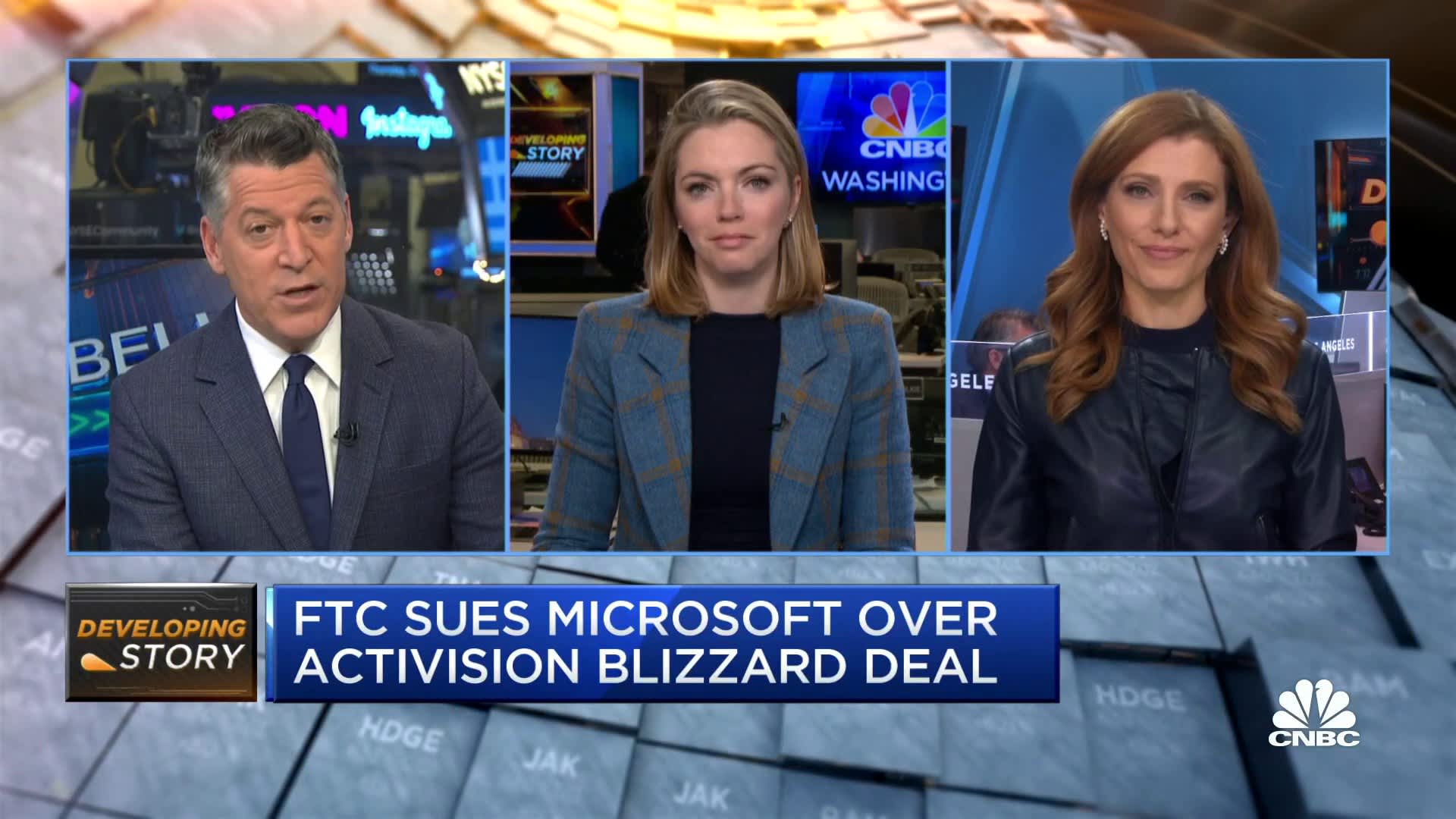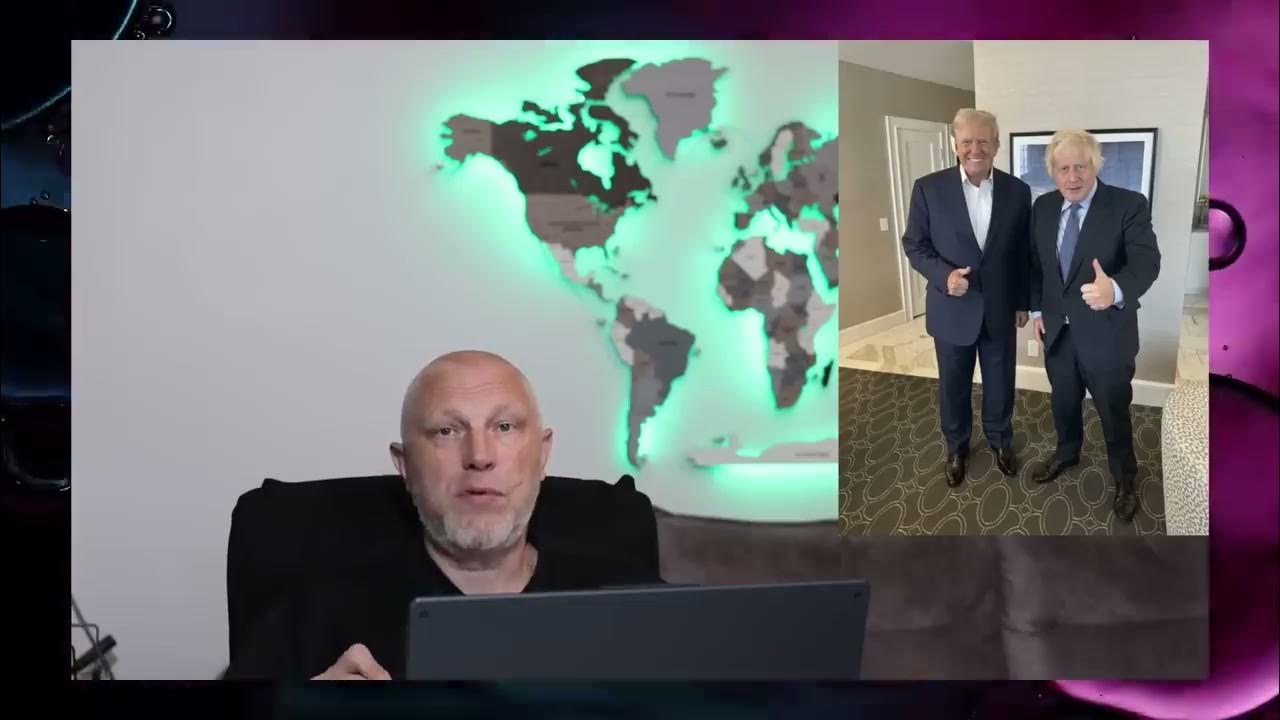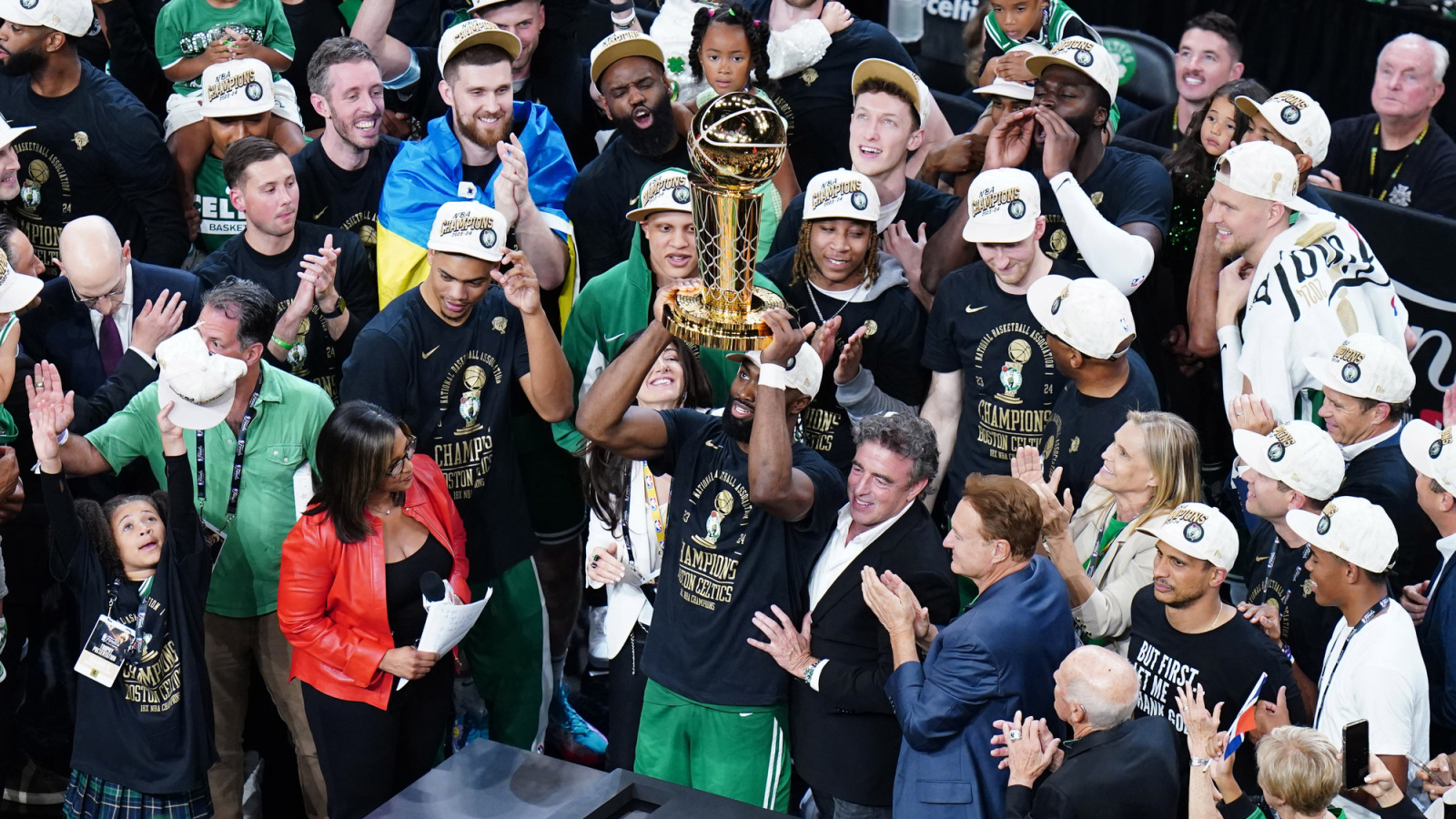Future Of The Microsoft-Activision Deal Uncertain After FTC Appeal

Table of Contents
The FTC's Appeal and its Arguments
The FTC's antitrust lawsuit against the Microsoft-Activision merger centers on concerns about the potential for anti-competitive practices. The commission argues that Microsoft's acquisition of Activision Blizzard, home to iconic franchises like Call of Duty, World of Warcraft, and Candy Crush, would grant Microsoft excessive market power, stifling competition and harming consumers.
- The FTC's concerns about Microsoft's market power in the gaming industry: The FTC points to Microsoft's significant presence in gaming consoles (Xbox), PC gaming, and cloud gaming (Xbox Cloud Gaming) as reasons for concern. Acquiring Activision Blizzard's extensive portfolio would further consolidate Microsoft's market share, potentially creating a monopoly.
- Specific examples of how the acquisition could harm competitors: The FTC argues the merger could limit the availability of Activision Blizzard games on competing platforms, particularly Sony's PlayStation. This could force players to switch ecosystems or face limited access to popular titles.
- The FTC's arguments regarding the impact on Call of Duty and other key franchises: The FTC highlights Call of Duty as a particularly crucial franchise. They fear Microsoft could make it exclusive to Xbox, giving them a significant competitive advantage and potentially harming other gaming companies.
Microsoft's Defense and Counterarguments
Microsoft vehemently denies the FTC's accusations, arguing that the merger will benefit consumers through increased innovation, wider game availability, and advancements in cloud gaming technologies. They've presented counterarguments to address the FTC's concerns.
- Microsoft's arguments about the benefits of the merger for consumers: Microsoft claims the acquisition will accelerate innovation and bring more games to more players across various platforms, including mobile, PC, and Xbox. They cite plans to expand game offerings and improve accessibility.
- The company's plans to ensure fair competition in the gaming market: Microsoft has made several commitments, including long-term agreements to keep Call of Duty on PlayStation and other platforms. They emphasize their commitment to maintaining a competitive gaming environment.
- Discussion of Microsoft's commitment to keeping Call of Duty on other platforms: This has been a key point of contention. Microsoft has offered contracts ensuring Call of Duty remains available on PlayStation for a number of years. However, the FTC remains skeptical of these commitments.
The Potential Outcomes and Implications
The outcome of the FTC's appeal remains uncertain. The legal battle could drag on for months, even years. Several scenarios are possible.
- The likelihood of the FTC winning the appeal: Predicting the outcome is difficult, as legal precedents and the court's interpretation of antitrust law will play a significant role.
- Potential scenarios if the merger is blocked or significantly altered: A complete blocking would be a major setback for Microsoft. A partial blocking, perhaps with conditions attached, is also possible. This would likely involve concessions from Microsoft, such as divesting certain assets or making further commitments to keep games on rival platforms.
- The long-term impact on the console and gaming markets: The decision will have profound consequences for the gaming industry. A blocked merger could stifle consolidation and maintain a more competitive landscape. Approval could lead to increased market concentration and potential changes in pricing and game availability.
The Role of Other Regulatory Bodies
The FTC isn't the only regulatory body involved. The UK's Competition and Markets Authority (CMA) also initially blocked the deal, though this has since been overturned. The European Union is another key player, with its own regulatory processes to consider. Their decisions, potentially differing from the FTC's, could significantly impact the final outcome, making this a truly global regulatory challenge, not just affecting the US gaming market but also international competition law and the global gaming market as a whole.
Conclusion
The future of the Microsoft-Activision deal remains uncertain, hanging on the outcome of the FTC's appeal. The arguments presented by both sides highlight the complexities of antitrust law in the rapidly evolving gaming industry. The potential implications for the gaming landscape are immense, affecting everything from game development and publishing to the competitive dynamics between gaming consoles and the broader accessibility of games for consumers. The FTC's appeal represents a crucial test for antitrust regulation in the digital age. Stay tuned for further updates on the future of the Microsoft-Activision deal as this crucial legal battle unfolds and continues to shape the landscape of the gaming industry. Follow our updates for the latest news and analysis on this evolving situation.

Featured Posts
-
 Kritika Planu Trampa Pozitsiya Borisa Dzhonsona Schodo Mirnikh Peregovoriv
May 11, 2025
Kritika Planu Trampa Pozitsiya Borisa Dzhonsona Schodo Mirnikh Peregovoriv
May 11, 2025 -
 Celtics Dominant Performance Earns Division Title
May 11, 2025
Celtics Dominant Performance Earns Division Title
May 11, 2025 -
 Wall Streets Unexpected Surge Reassessing Bear Market Predictions
May 11, 2025
Wall Streets Unexpected Surge Reassessing Bear Market Predictions
May 11, 2025 -
 The Ultimate Senior Calendar Trips Events And Activities For Active Living
May 11, 2025
The Ultimate Senior Calendar Trips Events And Activities For Active Living
May 11, 2025 -
 Anthony Mackies Sneaker Role A Pedestrian Kids Movie Review
May 11, 2025
Anthony Mackies Sneaker Role A Pedestrian Kids Movie Review
May 11, 2025
